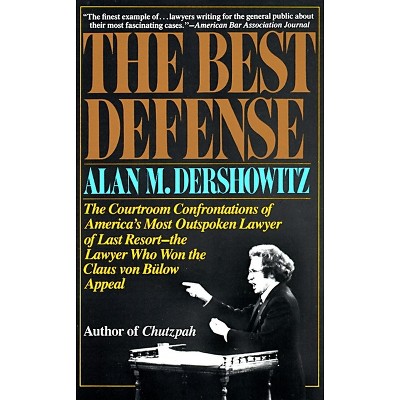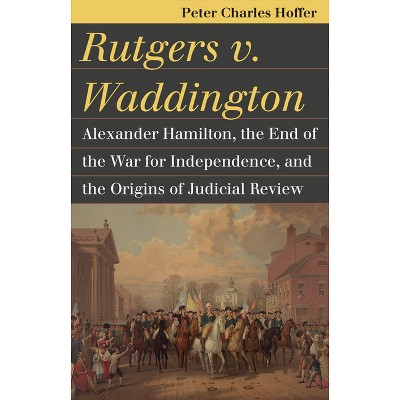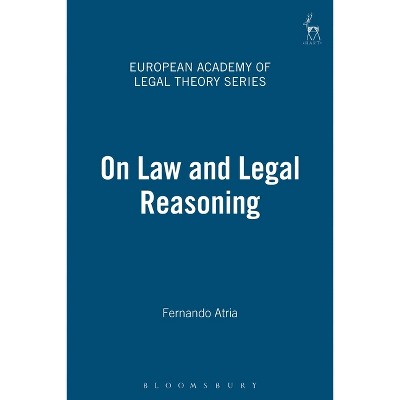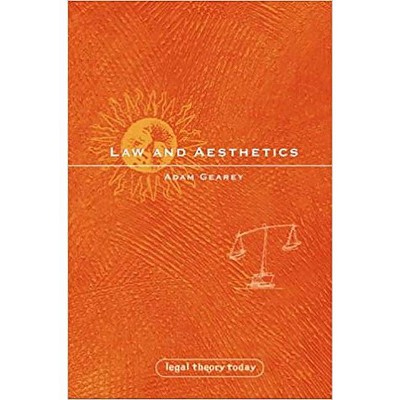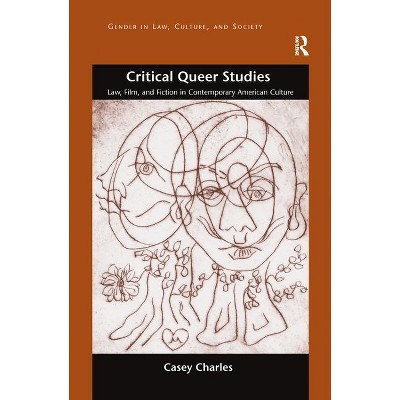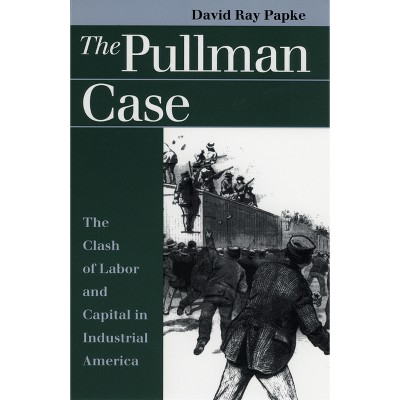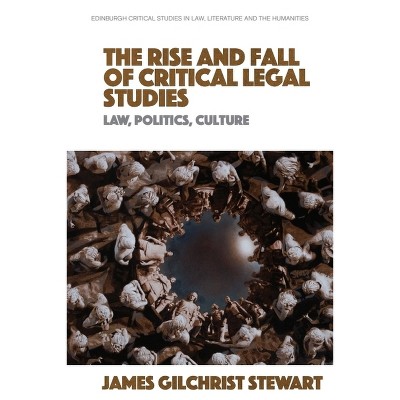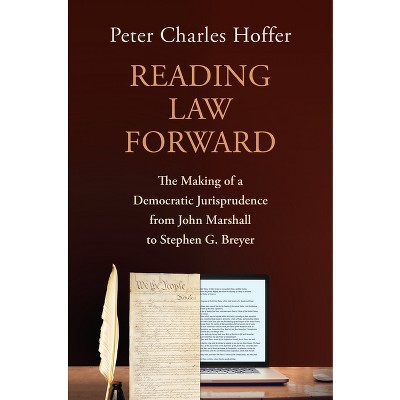Sponsored

Reasoning with Law - by Andrew Halpin (Paperback)
In Stock
Sponsored
About this item
Highlights
- The reader is invited to follow a route that visits Fish's view of theory and practice, Raz's legal reasoning thesis, theoretical models of judicial review, Dworkin's right answer thesis, the law of the excluded middle and Lukasiewicz's development of three-valued logic, Wittgenstein's language games, and Moore's metaphysical realism.
- About the Author: Andrew Halpin is Professor of Legal Theory in the School of Law at Swansea University.
- 202 Pages
- Freedom + Security / Law Enforcement, Jurisprudence
Description
About the Book
This book attempts to demonstrate how the problems of understanding legal reasoning replicate difficulties encountered in the philosophy of language. At the same time, it challenges the attempts that have been made to harness approaches from within that discipline to illuminate legal reasoning. An introductory section deals with some preliminary matters in considering the nature of the relationship between legal theory and the practice of law, the scope of legal reasoning, and the role of the judge. Then the suggestion is made that the practice at the heart of legal reasoning is itself a manifestation of the way in which the limitations of language and the incompleteness of human experience at the same time provide the opportunity for coherent development, as well as displaying an inherent instability. The final section considers some of the implications of this suggestion for the practice of legal definition, an institutional approach to law, the general possibility of providing a theBook Synopsis
The reader is invited to follow a route that visits Fish's view of theory and practice, Raz's legal reasoning thesis, theoretical models of judicial review, Dworkin's right answer thesis, the law of the excluded middle and Lukasiewicz's development of three-valued logic, Wittgenstein's language games, and Moore's metaphysical realism. The destination is the practice at the heart of legal reasoning. It is suggested that this manifests the way in which the limitations of language and the incompleteness of human experience allow the opportunity for coherent development of the law and at the same time produce an inherent incoherence within the law.
The central part of the book seeks to demonstrate how the problems of understanding legal reasoning replicate difficulties encountered in the philosophy of language, but challenges the attempts that have been made to harness approaches from within that discipline to illuminate legal reasoning. Instead it is argued that law provides an unrivalled test-bed for examining the limits of the capacity of our words, and that the study of law may be used to confront in a robust and illuminating manner the limitations of that discipline.
The final chapter considers some of the implications of recognising the incoherence at the heart of legal reasoning, commenting on an institutional approach to law, the legitimacy of law, legal definitions, different approaches to legal reasoning, the role of appellate courts, the general possibility of providing a theoretical model of law, the use of legal rules, and the nature of law's critical aperture.
Review Quotes
"Reasoning with Law is a significant contribution to the field of analytic jurisprudence. It is a work praiseworthy for its precise and rigorous development of argument, extraordinary clarity of exposition, admirable depth and breadth of learning, and highly engaging prose style. Halpins' Reasoning with Law should be of great interest to anyone working in the field of analytic jurisprudence or the judicial power, and it will well repay a careful reading." --The Law and Politics Book Review
About the Author
Andrew Halpin is Professor of Legal Theory in the School of Law at Swansea University.Shipping details
Return details
Frequently bought together


Trending Non-Fiction






